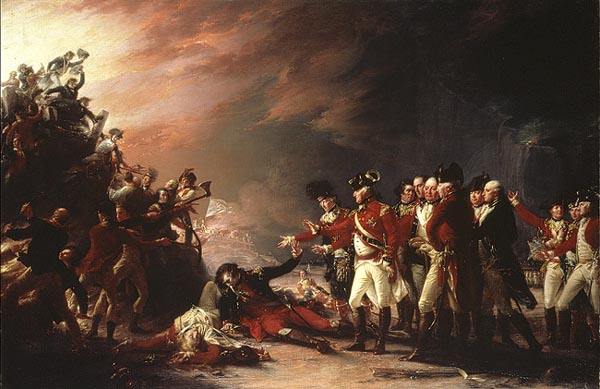It was kept up during the entire night. At one in the morning, two of the ships were entirely a prey to the flames. It was not long before the others also caught fire, either from the operation of the red-hot balls, or, as the Spaniards afterwards alleged, because they set them on fire themselves, when they had lost all hope of saving them. It was then that trouble and despair broke out in all their violence. Every moment the Spaniards made signals of distress, and fired off rockets to implore assistance.

All their boats were immediately sent off, and surrounded the floating gun-ships, in order to save their crews—an operation executed with extreme intrepidity, in spite of perils of every sort. Not only was it necessary for the men to brave the artillery of the besieged: they had also to expose themselves to almost inevitable burning in approaching the flaming vessels. Never, perhaps, did a spectacle more horrible—more deplorable—present itself to the eyes of men. The profound darkness that covered the earth and the sea intensified, by contrast, the lurid flames; and the shrieks of the victims were distinctly heard by the garrison, in the intervals of their cannonade.












